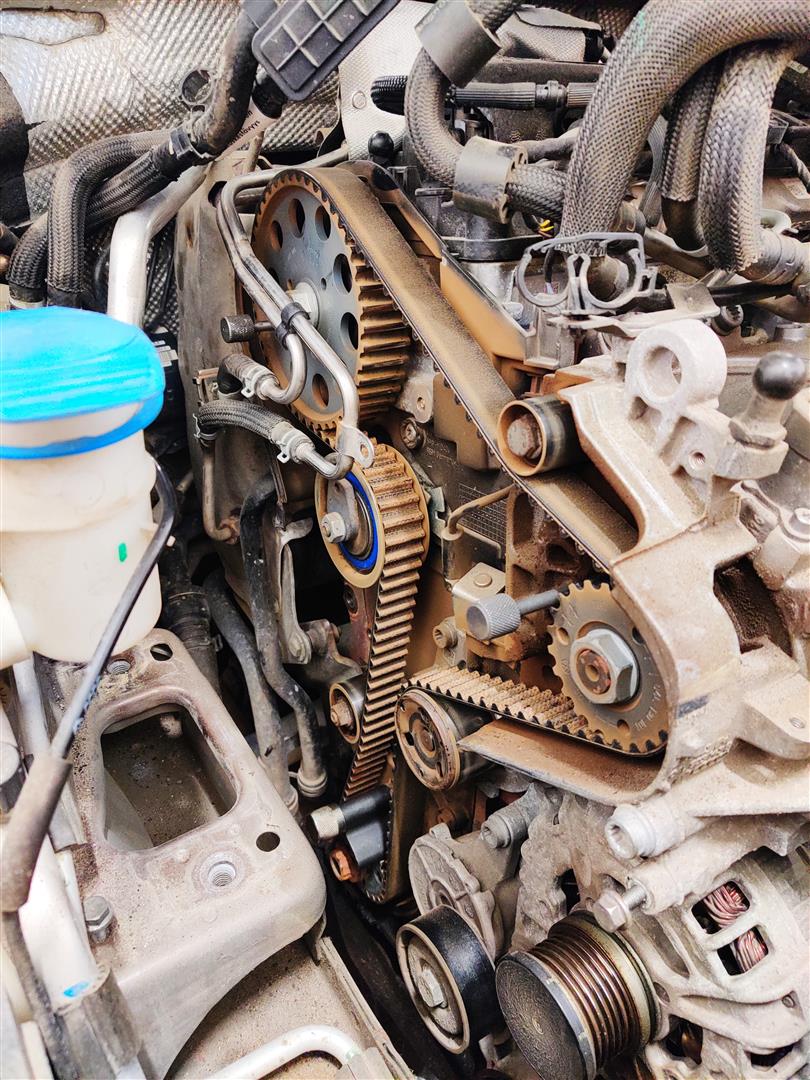Posted on 10/8/2025

If you own a Subaru, you already know they’re well-loved for their reliability, safety, and all-wheel-drive performance. But there’s one issue that some Subaru owners have experienced over the years — excessive oil consumption. If you’ve noticed your oil level dropping between oil changes or a burning smell coming from under the hood, you’re not alone. At Dickerson Automotive in Spanish Fork, we often get calls from Subaru drivers wondering, “Is it normal for my car to burn oil?” Let’s take a closer look at why it happens and what you can do to keep your engine healthy. Why Some Subarus Burn Oil Oil consumption can happen with any engine, but it’s been more common in certain Subaru models and years — especially those equipped with ... read more
Posted on 1/30/2025

Subarus are renowned for their reliability, all-wheel-drive capabilities, and longevity. However, like any vehicle, they aren’t immune to mechanical issues. One of the most common problems Subaru owners encounter is oil leaks. While this can be a frustrating issue, understanding the typical causes, signs, and solutions can help you stay ahead of potential problems and keep your Subaru running like new. Common Sources of Oil Leaks in Subarus Subaru’s unique engine design, particularly its horizontally opposed (boxer) engine, contributes to its performance and balance. However, this design also makes certain seals and gaskets prone to wear. Here are the most common culprits: 1. Valve Cover Gaskets The valve cover gaskets are a frequent source of oil leaks, especially in older Subarus or those with higher mileage. These gaskets seal the valve covers to the cylinder heads, preventing oil from escaping. Over time, they can degrade due to hea ... read more
Posted on 12/4/2024

When it comes to vehicle maintenance, replacing the timing belt is one of the most critical services to keep your engine running smoothly. This essential component coordinates the rotation of the crankshaft and camshaft, ensuring your engine’s valves open and close at the right time. Neglecting to replace a worn timing belt can result in catastrophic engine damage, costing thousands in repairs. Why Timing Belt Replacement Is Crucial Timing belts are made of reinforced rubber, but over time, they wear down due to heat, tension, and mileage. A snapped timing belt can lead to severe damage, especially in interference engines, where the pistons and valves occupy the same space. If the belt breaks, these parts collide, often resulting in bent valves, damaged pistons, and a ruined engine. Replacing your timing belt at the manufacturer-recommended interval (typically every 60,000 to 100,000 miles) can save you from costly repairs and keep your car running reliably ... read more